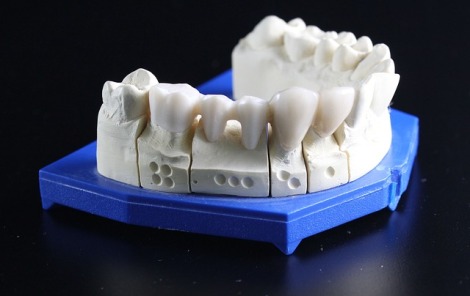Maxillofacial surgery is internationally recognized as one of the most important specialties in dentistry. Surgeons are interested in the diagnosis and handling of injuries, abnormalities, and diseases of the teeth, jaws, face, and mouth. To be an oral and maxillofacial surgeon, a dentist must first obtain his or her university degree in dentistry and then undertake specialized training in oral and maxillofacial surgery with 5 to 7 years of courses and internships.
Maxillofacial surgeons have plenty of education and training
When in medical school, oral and maxillofacial surgeons tackle rotations in various specialties (plastic surgery, general surgery, orthopedics, otorhinolaryngology, neurosurgery, to name a few). After passing national certification exams, he or she is recognized as a specialist and can perform surgical procedures dealing with the maxilla and other associated facial structures. The maxillofacial surgeon performs a wide range of surgical procedures ranging from the extraction of wisdom teeth to the correction of jaw deviations, the placement of dental implants, bone grafts, treatment of cysts and tumors located in the jaws and the treatment of facial fractures and deformities.
What oral and maxillofacial clinics should offer
An oral and maxillofacial surgery clinic should offer the following treatments:
Dental implants
Bone grafting
Extraction of wisdom teeth

Intravenous sedation
Temporomandibular joint surgery
Orthognathic surgery and facial deformities
Treatment of fractures and facial trauma
Wisdom teeth extraction
Wisdom teeth are known as third molars, are located at the back of the dental arches, and are the last permanent teeth to appear in the mouth. Most people have 4 wisdom teeth (two up, two down) but some may possess only 2, 3 or even none. They usually appear around adulthood.
Their position or lack of space can even cause them to not erupt at all or, if they do erupt, they do so partially. Therefore, their extraction is often necessary with the help of an oral and facial surgery specialist.
Why are wisdom teeth problematic?
There are times when wisdom teeth erupt and position themselves favorably in the mouth, which means no treatment is necessary. Unfortunately, this scenario is not widespread. Sometimes wisdom teeth only partially emerge from the gums or remain completely included in the bone (including teeth).
They can cause pain, damage to other teeth and other dental problems such as infections and cavities. Regular dental visits allow the oral maxillofacial surgery specialist to monitor the progress and condition of these teeth and assess whether they should be extracted or not.